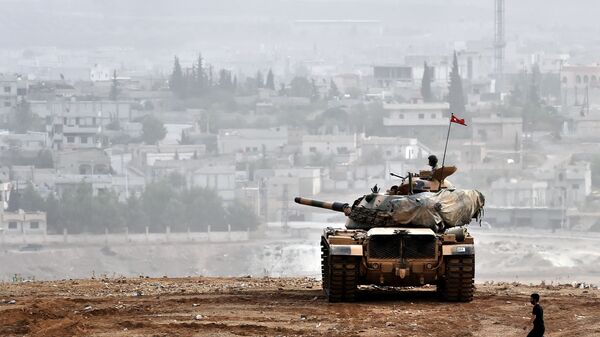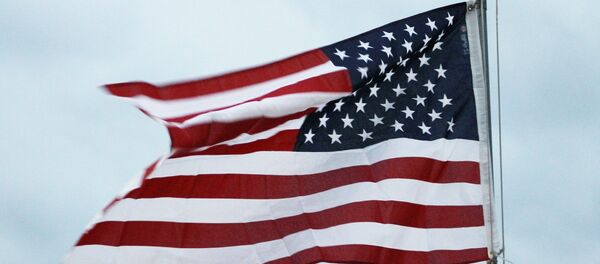Washington's "primary aim" is to tackle Daesh and "whoever the US is allied with does not change the end result," he said.
Whether it is the Democratic Union Party (PYD) or Ankara, "it does not change the equation," he added. If these forces are fighting against the brutal group that still controls large parts of Iraq and Syria, they "will be accepted by the US."
Paradoxically, both parties are Washington's allies in the anti-Daesh efforts. Moreover, the US appears to benefit from their rivalry.
"This is a way of increasing the willingness to fight against Daesh" since both sides, Ankara and the Syrian Kurds, want to strengthen their positions in general and with respect to each other, he said. "That's a kind of a race between the two parties and the clear winner is the US."
The bilateral ties were exacerbated by the failed military coup that rocked Turkey on July 15 and the reserved response of US officials to those events.
The Syrian Kurds have also been a major point of contention in the relationship, but "the US and Turkey seem to have reached a modus vivendi on the issue," the analyst observed. "I think that will bring more cooperation. … The latest picture that we are seeing is that the US is supporting the Turkish effort. So I think there will be a certain rapprochement."
The analyst further said that Turkey was ready to be a part of a trilateral alliance that will see Moscow, Washington and Ankara join efforts to resolve the devastating Syrian crisis that has already claimed more than 280,000 lives and left half of the country's population displaced.
"I think Turkey is ready to be part of it, but major powers, the US and Russia, do not seem to be there yet," he said. "If there is an agreement between these countries, Turkey will not object to that."



